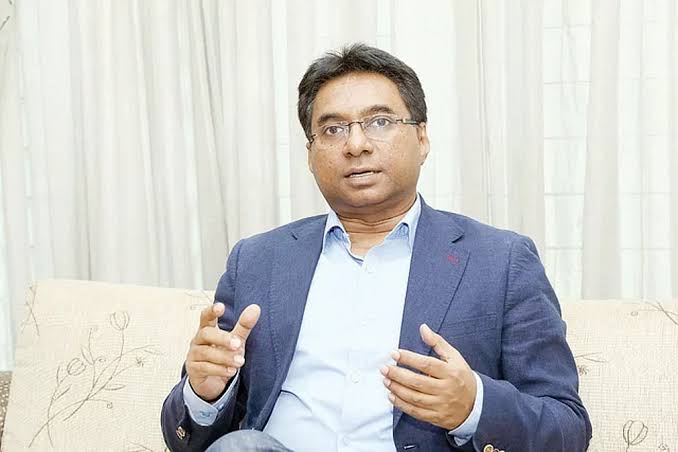03/04/2026

Instead of transformation, budget has become numbers game
Dr. Selim Raihan | Published: 2025-06-03 14:27:32

The proposed budget for the fiscal year 2025–26 reflects the sincerity of the Economic Advisor. Especially through his realistic presentation, it is evident that he is aware of the country’s multifaceted economic crises.
He has identified major challenges such as inflation, employment crisis, stagnant investment, and inequality — and has pledged to address them.
However, behind the assertive language and commitments of the budget, structural weaknesses remain clearly visible. There are no effective measures taken against longstanding issues such as low revenue collection, inefficiencies in public spending, and delays in project implementation. The structure of the budget largely continues past patterns, with only limited vision for reform.
The biggest shortcoming lies in the lack of institutional reform in the budget implementation framework.
The demands raised during the 2024 student movement — particularly the reduction of inequality and creation of employment — have been only partially addressed.
Still, allocations for education, healthcare, and social protection remain inadequate, and there is no sign of structural transformation.
The institutional reforms needed to deliver effective outcomes are absent. While there are some plans around investment and employment generation, there is no specific roadmap for tax reform, reducing legal uncertainties, or infrastructural improvements — all essential to restore private sector confidence.
Again, the most critical gap lies in the lack of reform in the institutional structure responsible for budget implementation. Particularly, there are no notable initiatives to enhance ministerial capacity, ensure coordination in project execution, or guarantee transparency in expenditure.
As such, the budget has become more of a numbers game than a tool for genuine transformation. This raises a key question: Will the government focus on economic reform, or will political crises continue to take precedence?
Electoral uncertainty and political instability have placed pressure on the government. Now is the time to take a bold path toward economic restructuring — otherwise, the budget will remain nothing more than a formal exercise.
Author: Executive Director, South Asian Network on Economic Modeling (SANEM)
Editor & Publisher : Md. Motiur Rahman
Pritam-Zaman Tower, Level 03, Suite No: 401/A, 37/2 Bir Protik Gazi Dastagir Road, Purana Palton, Dhaka-1000
Cell : (+88) 01706 666 716, (+88) 01711 145 898, Phone: +88 02-41051180-81